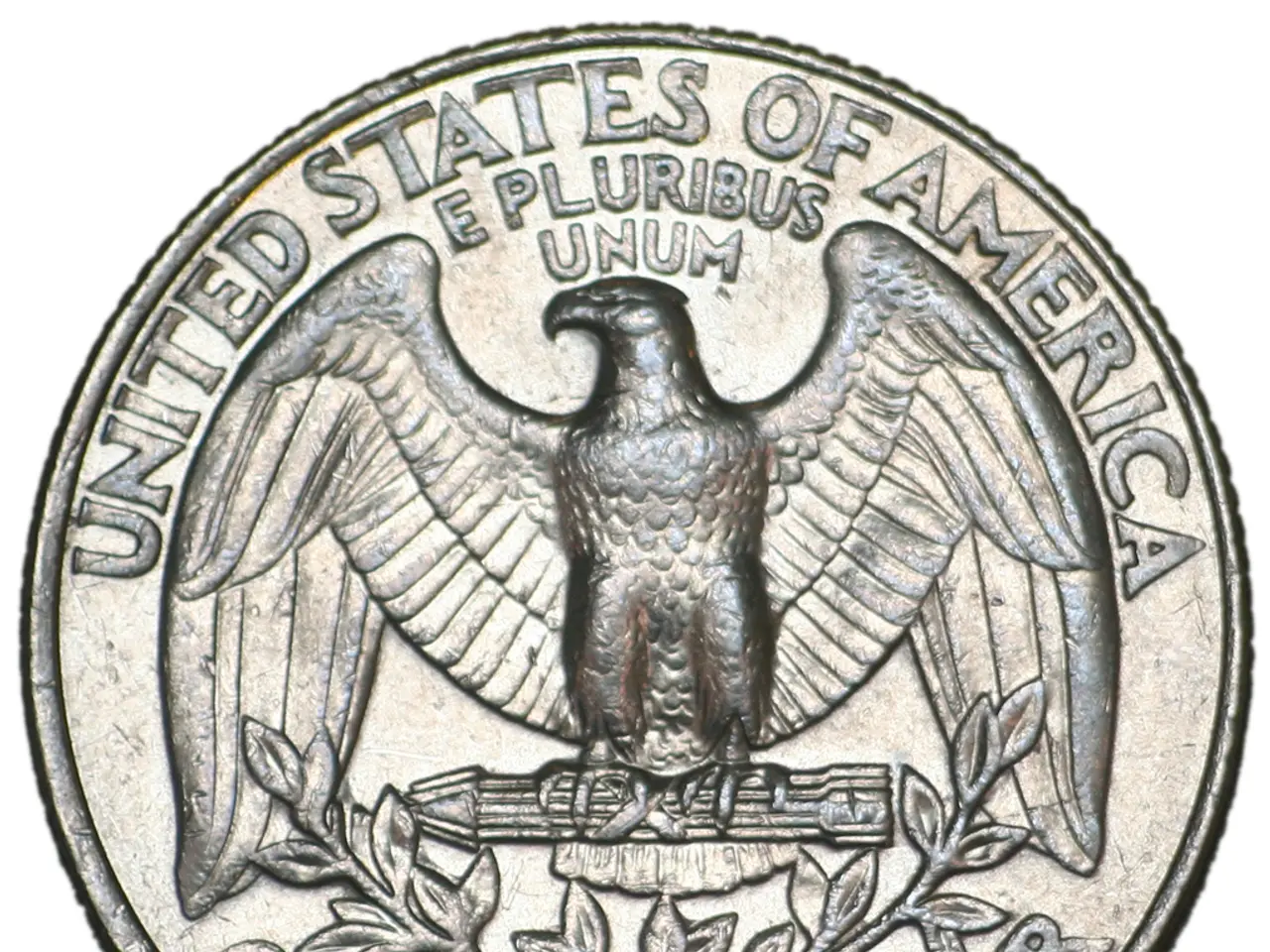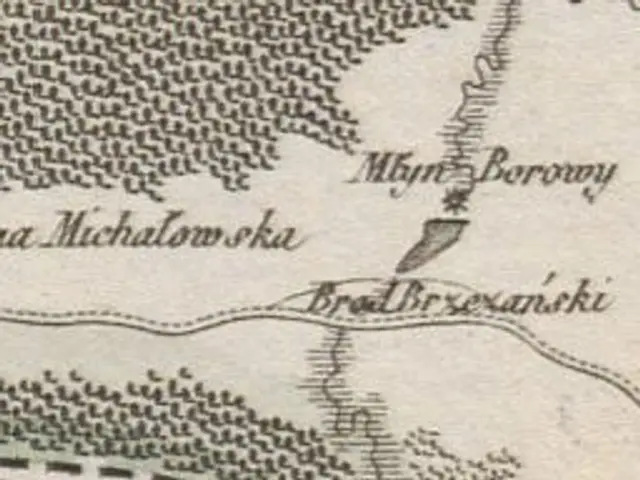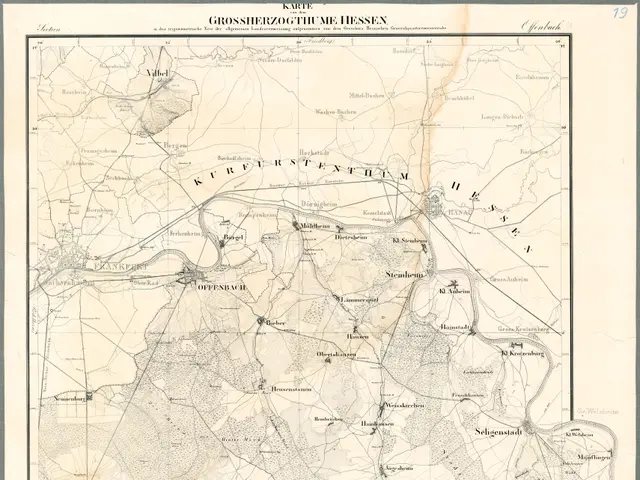BSP Explores Anti-Money Laundering Measures, Considers High-Denomination Note Ban
The Bangko Sentral ng Pilipinas (BSP) is exploring measures to bolster its anti-money laundering efforts. Governor Eli Remolona Jr. is leading these initiatives, which include studying the demonetisation of high-denomination banknotes and enhancing the use of suspicious transaction reports (STRs).
Remolona, who has been actively involved in monetary policy decisions, is now focusing on strengthening the BSP's anti-money laundering framework. The central bank is looking into preventing the use of PHP 500 and PHP 1,000 bills in illegal activities, with demonetisation being a 'tantalising proposal'.
The BSP is also working to improve its analysis of STRs by seeking a digital solution. Currently, Circular No. 1218 mandates financial institutions to ensure transactions of PHP 500,000 or more are traceable. These efforts aim to make the BSP's anti-money laundering measures more effective.
The BSP's plans to strengthen its anti-money laundering framework are underway, with the consideration of demonetising high-denomination banknotes and improving the use of STRs. Governor Remolona has warned of potential negative consequences for the public if high-value notes were demonetised, indicating a cautious approach to the proposal first suggested by former Finance Secretary Cesar Purisima.
Read also:
- Delaware's Multilingual Learners Surge to 13%, Outpacing Funding and Teacher Support
- AI Boosts Post-Quantum Cryptography for Secure Transportation Systems
- Mecklenburg-Vorpommern's Controversial Spending: Calendars, Fish Ladders, and Parking Garages
- Berlin's Friedrichstraße and Checkpoint Charlie Redesigns Delayed by Budget Cuts






